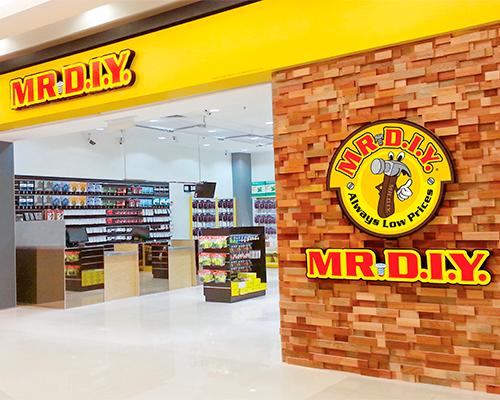PETALING JAYA: The outlook for the initial public offering (IPO) market in Malaysia going into 2021 is positive even amid the Covid-19 pandemic as more companies are exploring IPO opportunities given the increased retail participation landscape.
Deloitte Malaysia disruptive events advisory leader Wong Kar Choon said even as the economy is impacted by drawn out lockdowns, it sees a positive impact on the local capital market.
“After the movement control order (MCO), there were a lot of enquiries on IPOs – companies were trying to understand what they need to do to go on a listing exercise. It’s unprecedented considering that we’re in a pandemic and businesses are not doing well but we do see a lot more enquiries on IPO,” he said at a virtual media conference today on Deloitte’s perspectives on Southeast Asia’s IPO market performance and outlook for 2021.
He added that there were also enquiries from non-glove and non-technology businesses exploring IPOs and trying to understand how to embark on an IPO journey.
“Due to the active retail participation in the market, companies are thinking that it’s a good option for them to raise capital. Companies are trying to plan ahead in terms of going for listing and trying to upgrade their digital platform to have a bigger market outreach.”
Bursa Malaysia originally expected 40 listings this year and with 18 listings done so far, Wong presumed that some of the remaining companies may get listed in 2021. Of the 18, there are two Main Market, 10 ACE Market and six LEAP Market listings.
Bursa Malaysia has mustered IPO fund raising of US$481 million (RM1.96 billion) in the first 10½ months of 2020, surpassing the US$447 million raised in 2019. The local bourse scored the biggest boost from the listing of Mr DIY Group (M) Bhd which raised US$362 million, making it the largest listing in three years.
Even with the absence of Mr DIY, Wong said the Malaysian IPO market is still attractive, as there is more retail participation and it has been getting more and more enquiries on IPOs after the MCO.
“The MCO and the pandemic have also created some positive elements in the capital market, including more retail participation during the MCO. The moratorium helped the livelihood of people but also gave excess funds to do trading. The low interest rates for fixed deposits and savings have created awareness to seek alternative and better yield investment, resulting in a lot more participation in the trading of stock market... all these factors have helped the reception of IPOs post-MCO,” said Wong.
He noted that Deloitte continues to see a good number of listings in the ACE Market and the LEAP Market in particular, as good avenues for capital funding.
Deloitte Southeast Asia and Singapore disruptive events advisory leader Tay Hwee Ling believes the Southeast Asian region will continue to see good growth in 2021 and expects an upswing in listings as a soon as a vaccine is proven safe and effective.
“Covid has made companies re-evaluate their business and growth forecast; and companies are looking into windows of opportunity to raise funds from stock markets to support their growth and stay resilient in this challenging climate.”
Capital markets across Southeast Asia stayed resilient in 2020 despite a host of uncertainties. Total IPO activity in the region for the first 10½ months this year bucked the overall downward trend to inch up to pre-Covid levels with total funds raised of US$6.44 billion from 100 IPOs.
Although the number of IPOs decreased by 38% from 161 IPOs in full year 2019 and the total IPO proceeds decreased by 12% from US$7.34 billion, the total IPO market capitalisation in 2020 increased by 3% to US$25.96 billion.
For the second consecutive year, Thailand remains in pole position for the highest funds raised across Southeast Asia. Taking the top two spots on the region’s leaderboard this year are Thailand’s Central Retail Corporation PCL and SCG Packaging PCL with US$1.77 billion and US$1.27 billion raised respectively. The two listings collectively accounted for almost half of the total funds raised in Southeast Asia.
Tay said that in times of crisis, companies can find new growth by making fundamental changes to their business model.
Sectors like healthcare and its suppliers have benefited from the Covid-19 pandemic.
For some countries, real estate investment trusts (REITs) continue to remain an attractive asset class with low volatility and above-market dividend yields, and provide exposure to high-quality properties, healthcare facilities, e-commerce or digitalisation-related assets.
Malaysia has 18 REITs, of which four are syariah compliant, with market capitalisation of about RM40.4 billion.
The local bourse scored the biggest boost from the listing of Mr DIY Group which raised US$362 million, making it the largest listing in three years. – Mr DIY website pix















